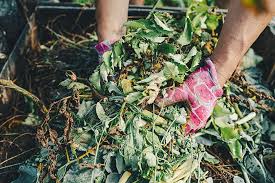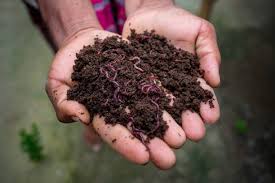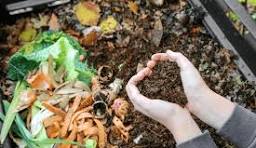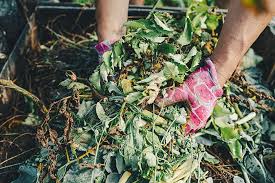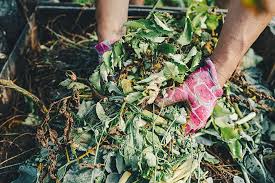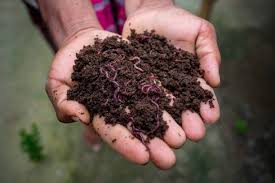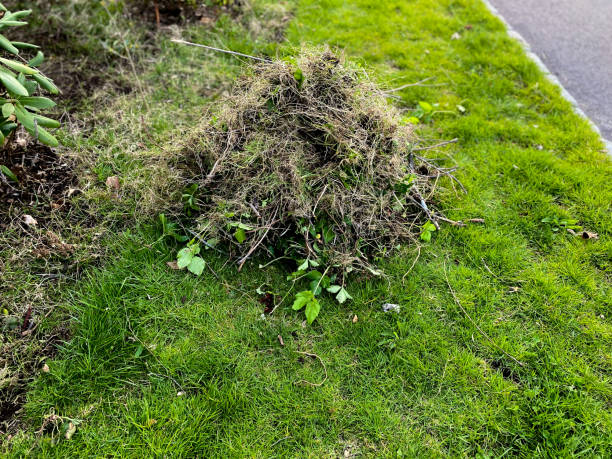ENQUIRE NOW FOR STP – https://share.hsforms.com/1d12AT_oJScm8iiXbjSrEIwrh2r7
Introduction
India is undergoing a massive behavioural and economic shift — and the biggest growth is no longer coming from the metros. Today, India’s Tier-2 & Tier-3 Markets STP Strategy has become the most powerful blueprint for businesses that want real growth, real customers, and real conversions.
At Green Planet Solutions Pune, we have seen how precision segmentation, laser-focused targeting, and sharp positioning can transform lead pipelines for brands entering the next billion-user economy. And in 2025, there is no strategy more effective, more predictable, or more profitable than STP.
🚀 Why India’s Tier-2 & Tier-3 Markets Are Driving 2025 Growth
1️⃣ A Digital Explosion Nobody Predicted
Non-metro regions now account for over 60% of India’s online consumption.
Affordable smartphones + cheap data = massive organic demand.
People in these markets are searching, clicking, comparing, and buying more than ever.
This means your brand needs:
✔ Segmentation that understands deep cultural nuances
✔ Targeting that reflects local buying power
✔ Positioning that emotionally connects with regional behaviour
This is exactly where India’s Tier-2 & Tier-3 Markets STP Strategy becomes a game changer.
ENQUIRE NOW FOR STP – https://share.hsforms.com/1d12AT_oJScm8iiXbjSrEIwrh2r7
🎯 2️⃣ Why Generic Marketing Completely Fails in These Regions
Metros respond to polished marketing.
Tier-2 & Tier-3 consumers respond to relevance, trust, authenticity, and clear value.
They trust:
- Local examples
- Regional language communication
- WhatsApp-level conversations
- Community reviews
- Proximity-based solutions
This is why STP manufacturers in India and digital-first brands are shifting towards hyper-personalized messaging powered by STP frameworks.
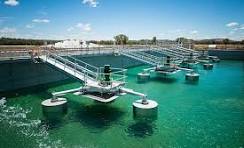
🧭 3️⃣ Segmentation: The Heart of Tier-2 & Tier-3 Marketing
To succeed here, brands must segment using:
- Income clusters
- Cultural preferences
- Lifestyle aspirations
- Buying motivations
- Digital literacy levels
- City size behaviour patterns
A one-size-fits-all approach will burn budgets.
But segmentation tailored to Tier-2/Tier-3 behaviour leads to:
💥 Higher click-through rates
💥 More enquiries
💥 Faster conversions
💥 Stronger trust
Segmentation is no longer optional.
It is survival.
ENQUIRE NOW FOR STP – https://share.hsforms.com/1d12AT_oJScm8iiXbjSrEIwrh2r7
🎯 4️⃣ Targeting: Hitting the Right Consumer, Not Every Consumer
The biggest mistake brands make:
They target everyone.
Tier-2 & Tier-3 markets reward brands who target:
- Local communities
- Micro-regions
- Pin-code clusters
- Regional language users
- Interest groups
- WhatsApp-first buyers
This is why successful STP manufacturers in India now design products and campaigns that target specific city clusters instead of “all of India.”
With STP, you stop spraying money and start generating leads from people who actually want your product.
💡 5️⃣ Positioning: The Emotional Power That Makes People Choose YOU
Unlike metros, smaller-city consumers:
- Evaluate carefully
- Take fewer risks
- Ask more questions
- Seek emotional security
- Prefer practical value
Positioning must answer:
👉 Why should they trust you?
👉 Why should they choose you over a local alternative?
👉 Why is your solution better for their family or business?
This is why STP-driven messaging works — it is built on:
✔ Emotion
✔ Trust
✔ Clarity
✔ Relevance
When you speak their language, they listen.
🔥 6️⃣ The Power of Hyperlocal STP Targeting (2025’s Biggest Trend)
Hyperlocal = explosive conversions.
STP in Tier-2/Tier-3 markets allows brands to target:
- City-level intent
- Local cultural festivals
- Community-driven sentiments
- City-based pricing differences
- Local influencers
- Regional WhatsApp groups
This type of targeting has delivered:
👉 3x more leads
👉 5x more engagement
👉 2x higher conversion rates
for brands adopting the India’s Tier-2 & Tier-3 Markets STP Strategy.
ENQUIRE NOW FOR STP – https://share.hsforms.com/1d12AT_oJScm8iiXbjSrEIwrh2r7
🌱 7️⃣ Why Green Planet Solutions Pune Recommends STP for All Growing Brands
From sustainability companies to tech startups to service-based industries, we have seen one truth repeatedly:
Brands grow when they stop shouting and start speaking directly to the right people.
STP ensures:
💚 Zero wasted budget
💚 High-intent leads
💚 Maximum brand retention
💚 Deep emotional loyalty
💚 Faster ROI cycles
We work closely with STP manufacturers in India and marketing partners to build precision-focused strategies designed for multi-city, multi-language, and multi-behaviour India.
India’s next billion users are not in metros.
They are in Surat, Nagpur, Nashik, Rajkot, Gwalior, Hubballi, and thousands of fast-rising towns.
This is where the future of business lies — and India’s Tier-2 & Tier-3 Markets STP Strategy is the only approach that ensures sustainable growth, meaningful engagement, and powerful lead generation.
If your brand wants to grow smartly, quickly, and profitably in 2025, STP is not an option.
It is the roadmap.
#STPStrategyIndia #Tier2MarketsIndia #Tier3MarketsIndia #IndianMarketingTrends2025 #GreenPlanetSolutionsPune #STPManufacturersInIndia #BrandPositioningIndia #DigitalMarketingIndia #HyperlocalMarketingIndia #RegionalMarketingIndia #LeadGenerationIndia
